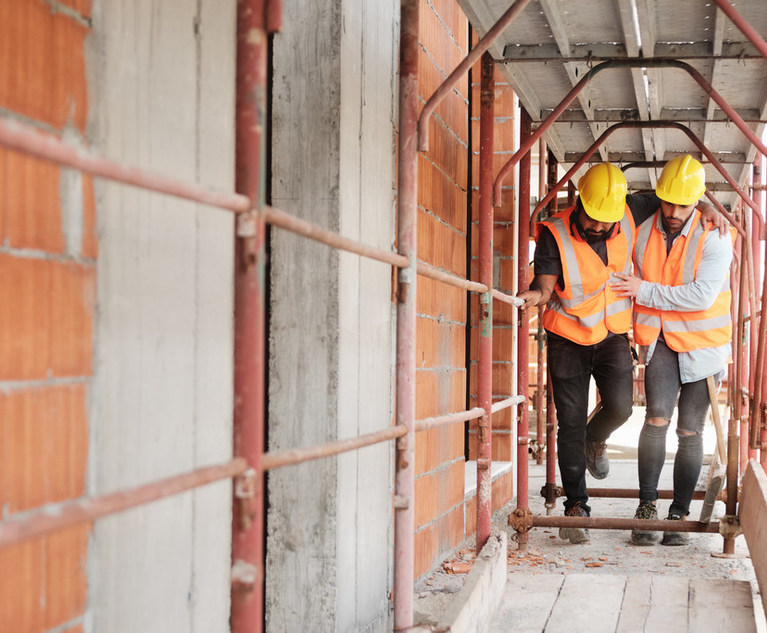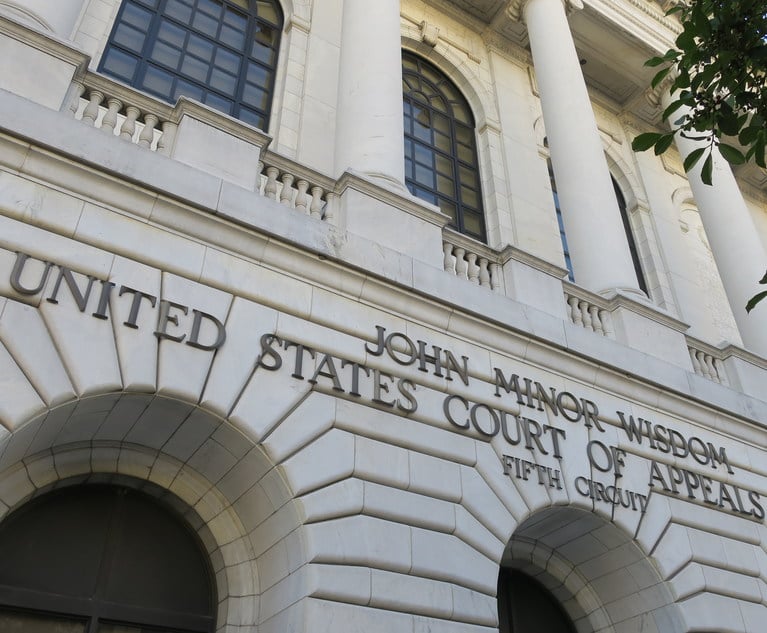Appeal Now or Wait? The 'Necessarily Affects' Conundrum
With last year's Court of Appeals decision in 'Bonczar v. American Multi-Cinema', the issue concerning the "sole proximate cause" defense remains unresolved. However, 'Bonczar' presents a new issue that arises in many construction litigation cases but is far broader than construction and personal injury litigation.
November 02, 2023 at 10:00 AM
23 minute read

We return to a central question concerning the "sole proximate cause" defense, one that has puzzled the bar for 20 years. Now, with last year's Court of Appeals decision in Bonczar v. American Multi-Cinema, 38 NY3d 1023 [2022] … the issue still remains completely unresolved since the Bonczar court did not reach it.
However, Bonczar presents a new issue that arises in many construction litigation cases but is far broader than construction litigation, and far broader than personal injury litigation. Really, the issue can arise in any case in which a party moves for dismissal or summary judgment and fails to obtain that relief.
This content has been archived. It is available through our partners, LexisNexis® and Bloomberg Law.
To view this content, please continue to their sites.
Not a Lexis Subscriber?
Subscribe Now
Not a Bloomberg Law Subscriber?
Subscribe Now
NOT FOR REPRINT
© 2025 ALM Global, LLC, All Rights Reserved. Request academic re-use from www.copyright.com. All other uses, submit a request to [email protected]. For more information visit Asset & Logo Licensing.
You Might Like
View All
Standing Spat: Split 2nd Circuit Lets Challenge to Pfizer Diversity Program Proceed



Legal Issues to Watch in the US Appeals Courts in 2025
Law Firms Mentioned
Trending Stories
- 1Tuesday Newspaper
- 2Public Notices/Calendars
- 3Judicial Ethics Opinion 24-99
- 4Decision of the Day: NYPD Officer's Sexual Assault of Informant Occurred Outside Scope of Employment
- 5'Not the President's Personal Lawyer': Lawyers Share Concerns Over How AG Pick Bondi’s Loyalism to Trump May Impact DOJ






